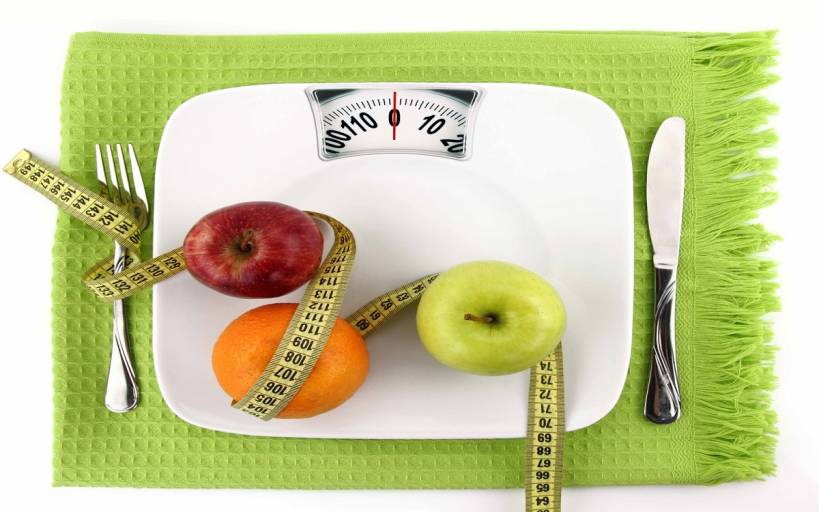1. How many times can you refill plastic water bottles before they become unsafe and leach harmful chemicals into your drinking water?
Answer. Current research shows that all plastic water bottles leach carcinogens into the water when refilled. If you wash the bottles, they leach even faster.
This includes the tough Nalgene plastic bottles (the toxins they leach is reported as worse than the cheaper bottles).
Instead of refilling plastic bottles, purchase stainless steel water bottles like KleanKanteen and fill them with purified water from home.
If you’re traveling, purchase artesian or distilled water by the gallon and transfer to your bottles.
2. Which are the best cooking oils for heating?
Use olive oil and other cold-expeller pressed oils, such as canola oil. For cooking and heating, you can also use butter, distilled coconut oil, or lard.
3. Which three food ingredients do you need to avoid?
Trans fats, high fructose corn syrup, and artificial sweeteners. Trans fats clog arteries and lead to heart disease. Be sure to check nutritional info on packaged goods, following the recommended serving size. Congrats to New York City for banning trans fats in restaurants. High fructose corn syrup (HFCS) is also a culprit in heart disease, diabetes, and obesity. It’s in sodas, some juice beverages, and many processed foods and candies. Research shows that artificial sweeteners cause weight gain and obesity. This includes aspartame and sucralose. The safest sweeteners to use—in moderation—are honey, agave nectar, Stevia, and sucrose (table sugar).
4. Which foods make you puffy? And make you gain weight?
White and fluffy foods. Cakes, cookies, doughnuts, bagels, breakfast cereals, popcorn, pretzels, white potatoes, white bread, light and fluffy whole wheat bread, crackers, rice, rice cakes all fall in this category. These are high-glycemic and cause weight gain. Eating high-glycemic foods increases cortisol levels, which increases anxiety and depression. Eating them often can lead to metabolic syndrome, diabetes, weight gain, insulin resistance, heart disease, arthritis, and autoimmune disorders. You get the picture. A piece of cake now and then is fine, but eat sparingly if at all.
5. How much protein does your body need at each meal?
About 15-20 grams of animal protein at each meal. That’s about the size of a small can of tuna—3 ounces. I recommend animal protein because it contains all the amino acids your body needs to build strong muscles, nails, hair, and sparkling skin. Animal protein is called a complete protein because it contains all of the essential amino acids. Vegetable protein doesn’t contain all the essential amino acids. Animal protein includes fish, eggs, cheese, beef, poultry, pork, lamb, and seafood. You don’t need lots of protein, just 3 ounces a meal.
6.How much fiber do you need to eat every day?
You need 25 grams of fiber a day. Fiber increases the transit time of foods through your digestive tract. High fiber diets aid with diabetes, digestive disorders, and almost every other ailment you can think of. Get your fiber by eating 3 servings of vegetables and/or fruit at each meal, or 5-10 servings a day. You can also supplement with fiber such as psyllium, available in bulk at health food stores. I once thought it was hard to eat 3 servings of vegetables/fruit per meal. Now that I’ve been working at this for a couple years, it’s easy and enjoyable.
7. What can DNA testing do to explain your dietary needs?
The jury’s out on the value of DNA testing to determine which foods are best for you to eat. But the testing, should you do it, will recommend that you avoid artificial foods, most processed foods, and most, if not all, white and fluffy foods. So you can get started now and eliminate these from your food intake.
8. What’s the controversy about soy?
Researchers have found that people who consume lots of soy are likely to have depressed thyroid function and a higher risk of cancer. Cut down on servings of soy by avoiding soy shakes and soy-based protein bars made with soy protein isolate. If you enjoy soy, eat as the green vegetable edamame, or have 2-3 servings of tofu or tempeh a week. Think of soy protein isolate as white and fluffy, which it is. Your best choice for protein is natural foods, such as eggs, poultry, meats, seafood, cheese.
Are you working towards achieving some weight loss goals of your own? Once you’ve reached them, you’ll no doubt need to keep some ongoing fitness training in your routine. It would be a shame to regain all those excess pounds once you’ve lost them. Maybe you’d like to add some muscles as well. Check out what Zac Efron has done to stay in such great shape! We have found that (as we like to call them) Zac Efron Supplements is very popular. Here’s what we know about this product.



